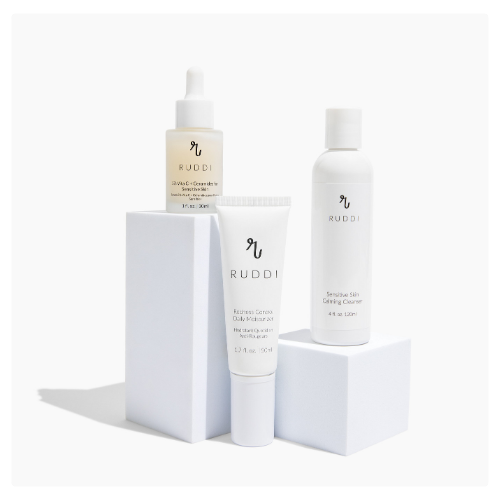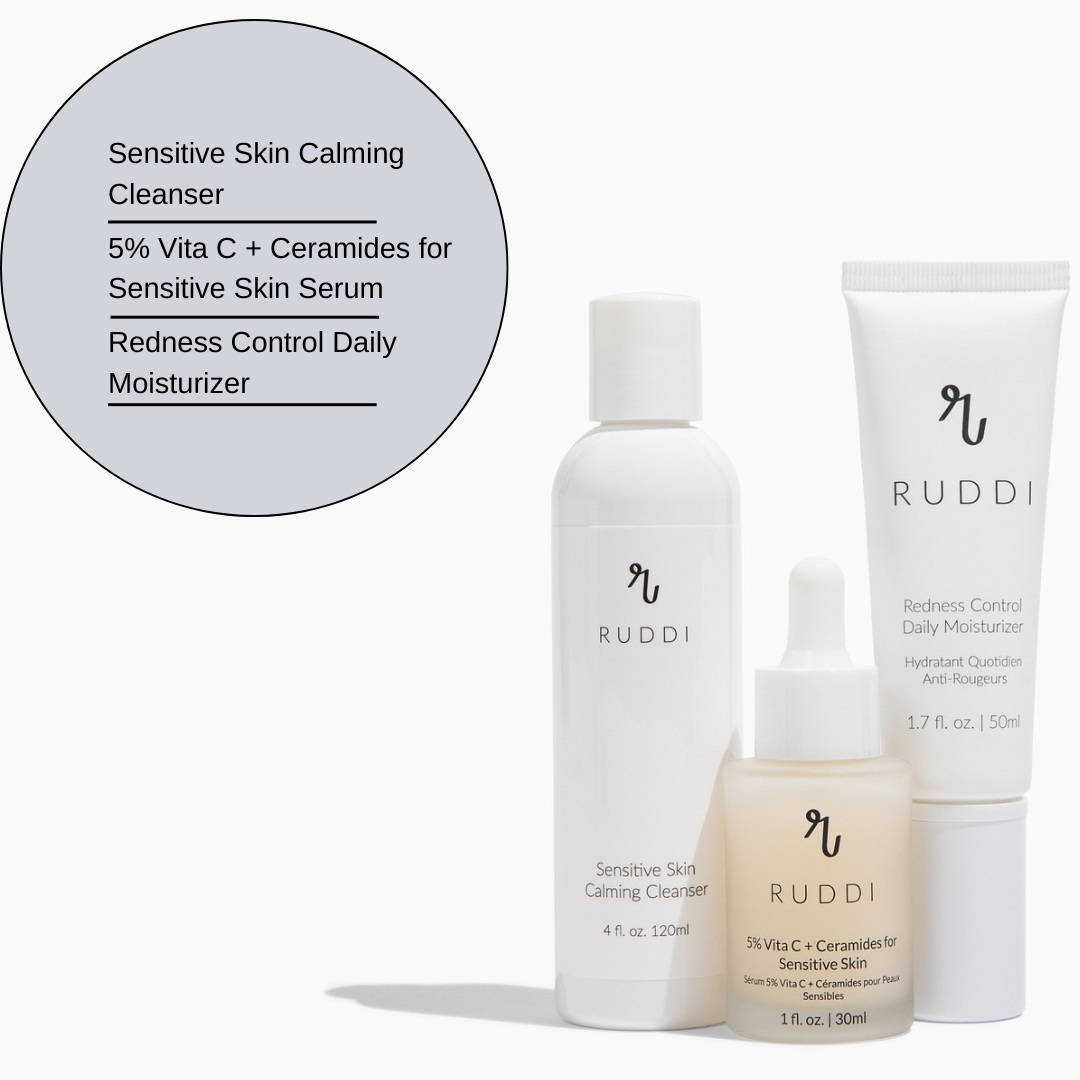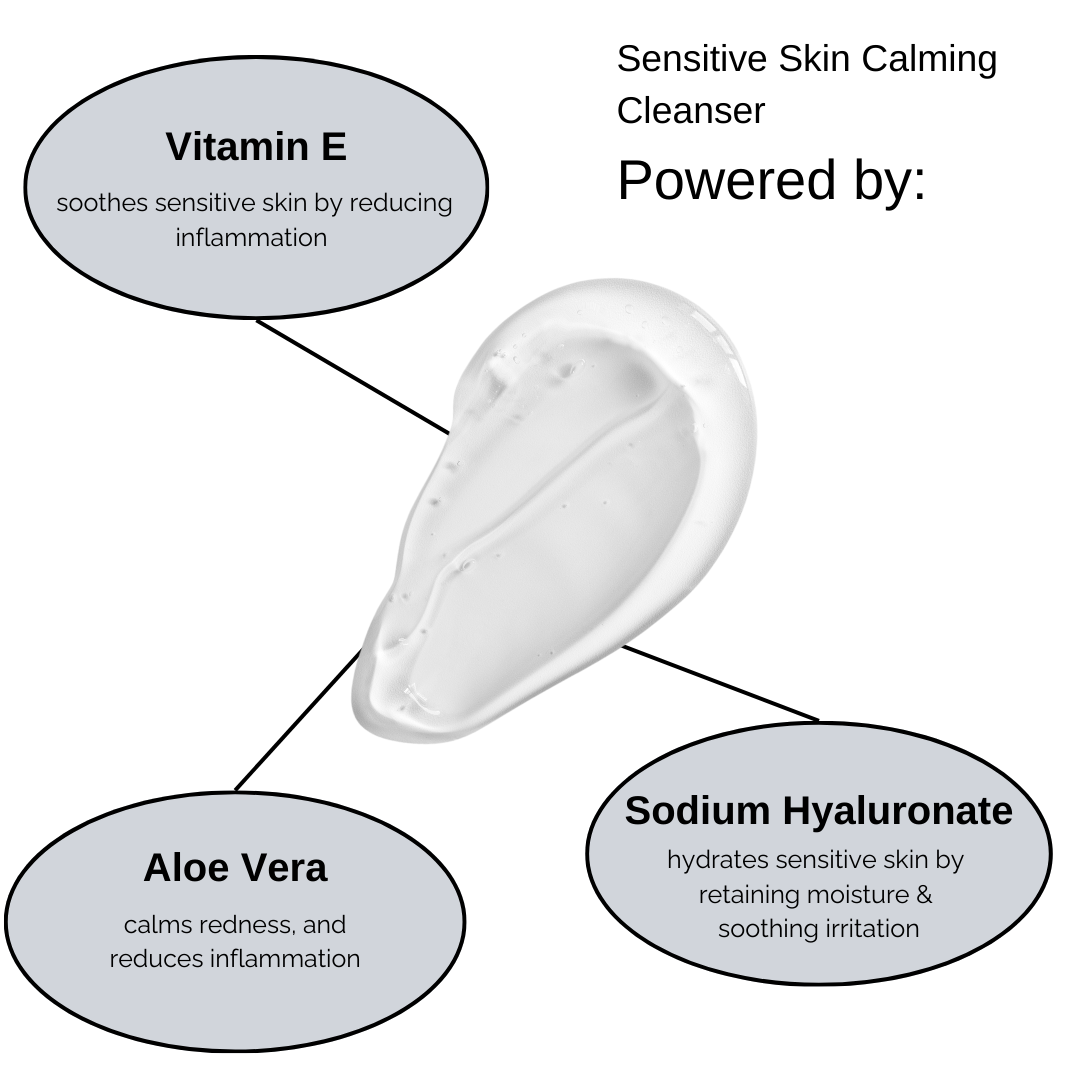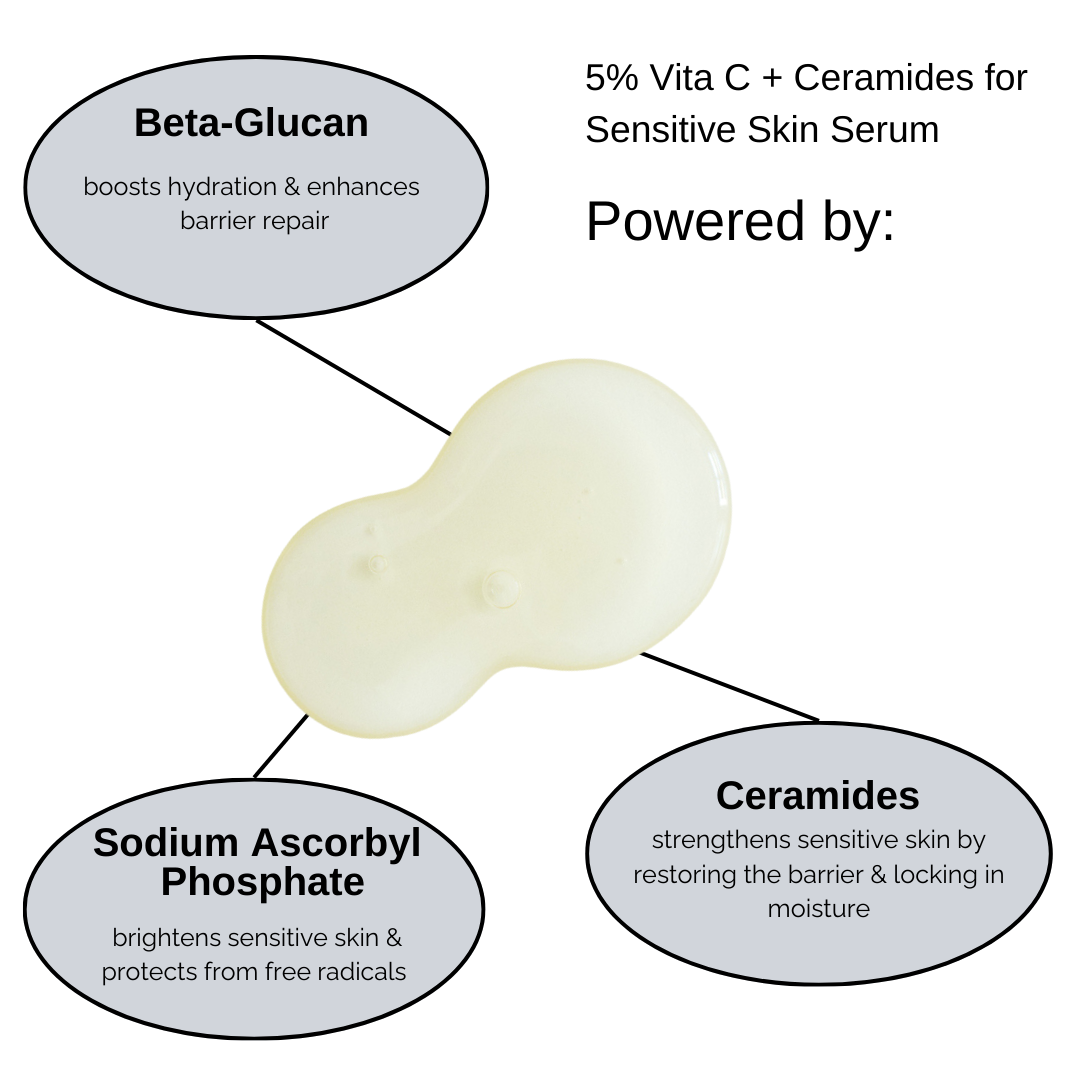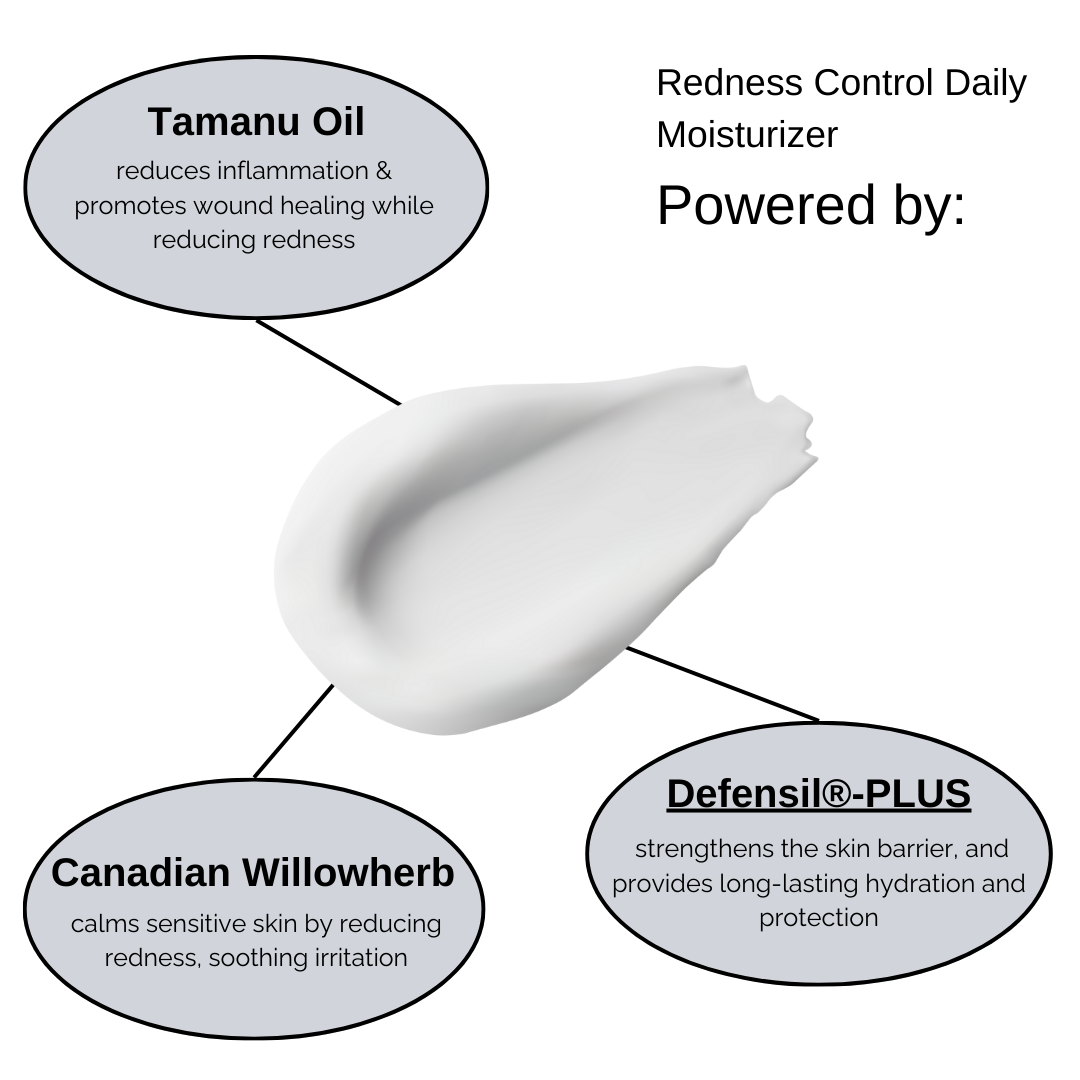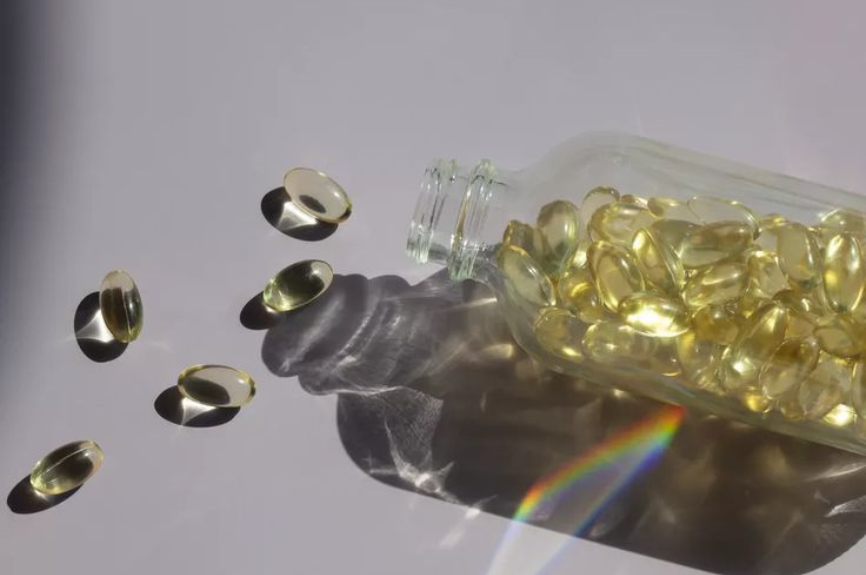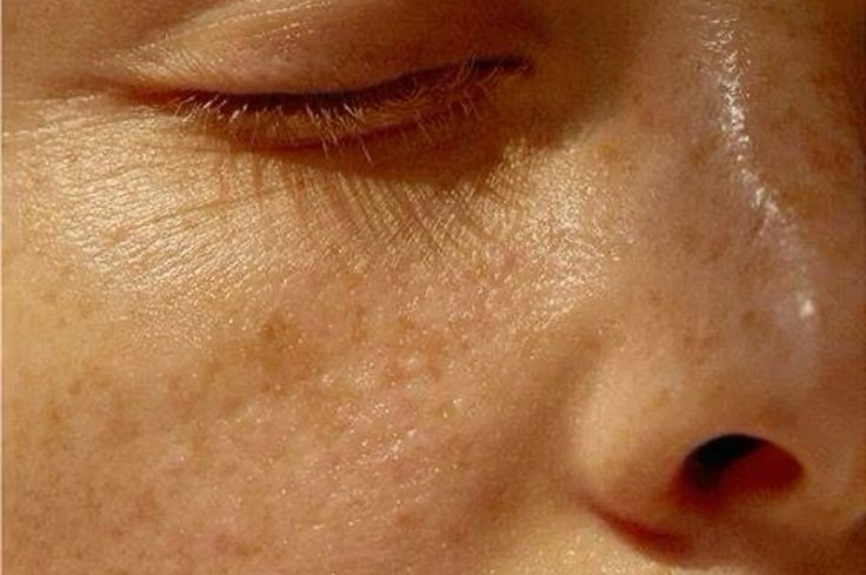
The Gut-Skin Connection: How Gut Health Impacts Rosacea and Acne
The connection between our gut and skin is a fascinating area of research that sheds light on how what happens internally can directly affect our skin’s appearance and health. Often referred to as the "gut-skin axis," this relationship demonstrates how the digestive system, particularly the balance of bacteria in the gut, can influence conditions like rosacea and acne. Understanding this connection opens up a holistic approach to skincare, highlighting the importance of nurturing not just the skin's surface but also the gut.
How the Gut and Skin Communicate: The Gut-Skin Axis
The gut-skin axis refers to the communication network between the digestive system and the skin, largely mediated by the gut microbiome (the community of bacteria, viruses, and fungi in our intestines). This network operates through various pathways involving the immune system, hormones, and nerves. When the gut microbiome is balanced and healthy, it supports immune function, reduces inflammation, and promotes overall skin health. However, when the gut's ecosystem is disrupted—a condition known as dysbiosis—it can lead to inflammation and immune responses that affect the skin, exacerbating or even triggering conditions like rosacea and acne.
The Gut’s Role in Skin Inflammation and Immune Response
A large portion of our immune cells resides in the gut, making it a critical center for immune system regulation. When the gut barrier is compromised (often called "leaky gut syndrome"), it allows toxins, undigested food particles, and harmful bacteria to enter the bloodstream, which can trigger systemic inflammation. This inflammation may show up on the skin in various ways, leading to flare-ups of conditions like rosacea, which is characterized by redness and sensitivity, or acne, which involves inflamed pores and clogged follicles.
How Gut Health Impacts Rosacea
The gut’s health is believed to play a significant role in rosacea due to its impact on the immune response and inflammation levels in the body.
-
Gut Dysbiosis and Rosacea: Research has shown that people with rosacea often experience gut dysbiosis and are more likely to have digestive conditions like small intestinal bacterial overgrowth (SIBO) or irritable bowel syndrome (IBS). This suggests a connection between an imbalanced gut microbiome and rosacea flare-ups.
-
Inflammation and Immune Response: When the gut barrier is compromised, it can trigger systemic inflammation, affecting blood vessels and leading to rosacea symptoms like redness and flushing. This inflammatory response in the gut can result in an overactive immune system, which can manifest as redness and sensitivity in the skin.
-
The Role of Certain Foods: For many rosacea sufferers, certain foods and beverages (like alcohol, spicy foods, and hot drinks) can trigger flare-ups. Interestingly, these same foods can also disturb the gut microbiome and increase gut inflammation, which may explain why avoiding them helps manage rosacea symptoms.
How Gut Health Impacts Acne
Acne is another skin condition closely tied to gut health, particularly because of how the gut microbiome influences inflammation, hormone regulation, and nutrient absorption—all factors that can contribute to acne.
-
Hormonal Balance and Sebum Production: Gut health plays a role in hormonal balance, and hormones are a major factor in acne development. Dysbiosis can lead to increased levels of certain hormones like cortisol (the stress hormone) or androgens, both of which can trigger excess oil production, clogging pores and causing breakouts.
-
Inflammation and Acne: Like rosacea, acne is an inflammatory condition. Dysbiosis leads to chronic, low-grade inflammation in the body, which can worsen acne. When inflammation is high, it can cause acne lesions to become more severe, red, and painful.
-
Nutrient Absorption: The gut is essential for absorbing key nutrients like zinc, omega-3 fatty acids, and vitamins A, D, and E, which are all crucial for skin health. When gut health is compromised, nutrient absorption may decrease, depriving the skin of the nutrients it needs to maintain its barrier, regulate oil production, and repair itself effectively.
Ways to Improve Gut Health for Clearer Skin
If you're dealing with rosacea, acne, or other skin issues, nurturing your gut health can be a game-changer. Here are ways to support a balanced gut microbiome and, in turn, improve skin health:
-
Incorporate Probiotics and Prebiotics: Probiotics are beneficial bacteria that help restore balance in the gut, while prebiotics are fibers that feed these bacteria. Including fermented foods like yogurt, sauerkraut, and kimchi in your diet or taking a high-quality probiotic supplement can help balance the microbiome.
-
Reduce Processed and Sugary Foods: Processed foods and high-sugar diets can promote the growth of harmful bacteria in the gut, increasing inflammation and worsening skin conditions. Opt for whole, nutrient-rich foods to support a healthy microbiome and provide essential nutrients for your skin.
-
Stay Hydrated: Drinking enough water helps flush toxins out of the body and keeps the gut lining hydrated, which is essential for maintaining a healthy gut barrier and skin hydration.
-
Manage Stress Levels: Chronic stress disrupts the gut microbiome and increases inflammation, which can lead to breakouts and rosacea flare-ups. Techniques like meditation, deep breathing, and exercise can help lower stress levels and support gut health.
-
Consider an Anti-Inflammatory Diet: Anti-inflammatory foods like leafy greens, berries, fatty fish, and nuts can help reduce inflammation in both the gut and skin, calming conditions like rosacea and acne.
The gut-skin connection highlights the importance of treating the body holistically, recognizing that what happens inside can profoundly impact our skin. While topical treatments are essential for managing skin conditions like rosacea and acne, addressing gut health through diet, probiotics, and lifestyle changes can provide long-term benefits and reduce flare-ups. By supporting a healthy gut microbiome, you create a foundation for balanced, resilient skin that is better able to withstand environmental stressors and maintain a clear, calm complexion.

